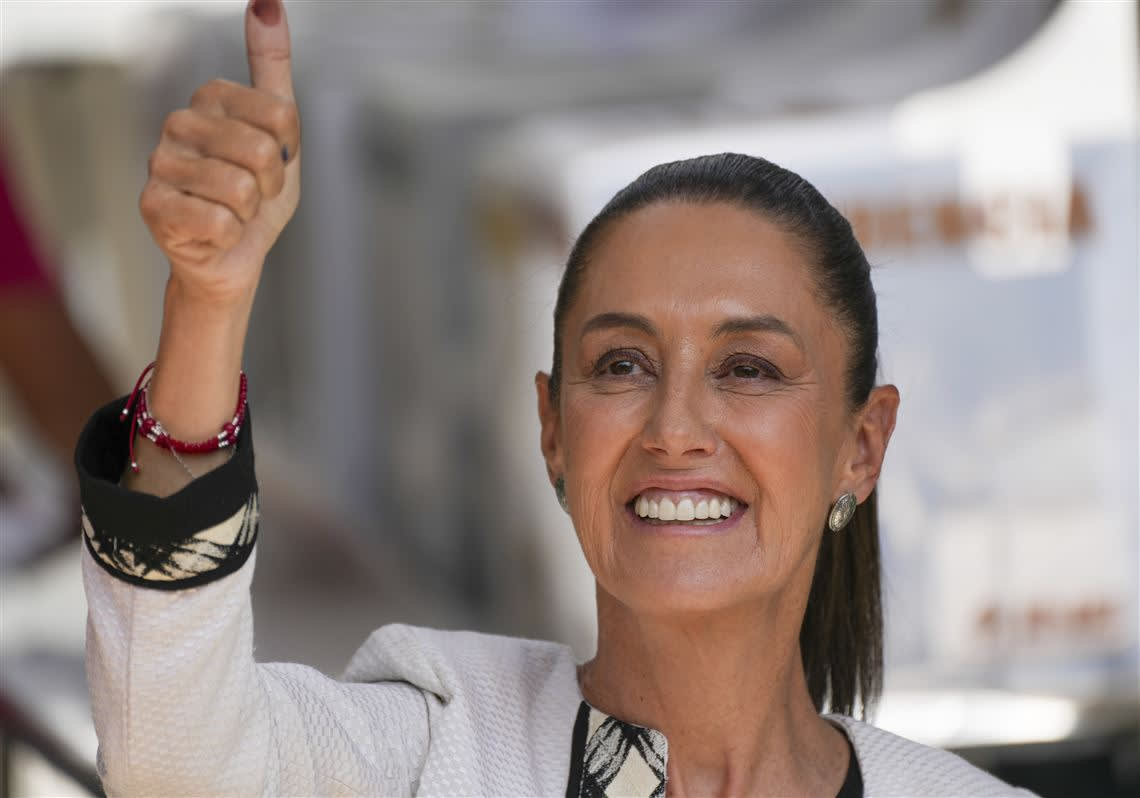The past few weeks have seen some major strides internationally for women in business, politics, and law. We’d like to take a moment to shout out some of the women breaking barriers around the world.
POLITICS: Mexico elects its first female president.
Mexico reached a milestone for women’s equality that the US has not yet achieved–the election of a female president. According to Forbes, Claudia Sheinbaum (who is also the nation’s first Jewish president) won close to 60% of the vote, the highest vote percentage in the history of Mexico's democracy. It’s especially striking that women only won the right to vote in Mexico 71 years ago–and now they’ve seized that power and taken it to the nation’s highest office.
BUSINESS: The first woman to make over $100 billion in France.
Francoise Bettencourt Meyers, the Vice Chair of L’Oreal, joined an extremely exclusive club when her net worth was calculated to $100.1 billion dollars. She is now one of 15 people worldwide whose net worth exceeds 100 billion, but the only woman. Her family has been running the cosmetics company since 1909. The French heiress is a philanthropist who supports Île-de-France Cochlear Implantation Institute, where Professor Bruno Frachet is developing an innovative surgery for the deaf. She also plays piano and studies theology, having published a five volume book on the relationship between Judaism and Christianity and a book on Greek mythology. For better or for worse, the wealthiest among us hold a lot of power to change and shape our society–we would love to see more women join their ranks.
LAW: Japanese Businesswomen fight for their names.
Did you know that in Japan, all married women are legally obliged to take the last name of their husband? (Well, technically they are required to pick just one surname for the family–but that means 95% of women take their husband’s name. No hyphens allowed!) Now, The Japan Business Federation is calling on Parliament to change that law. Since many female executives continue to use their maiden names professionally, their inability to keep it legally causes issues. Often the names on their emails or business cards don’t match their legal ID, which causes problems in opening bank accounts, issuing credit cards, and traveling overseas. Beyond the logistical issues, allowing women to hold onto their identity and family history after marriage is a vital change that 88% of female executives support. Japan was ranked 125th on a 146-country ranking of gender equality by the World Economic Forum.
Image from the Pittsburgh Post-Gazette
